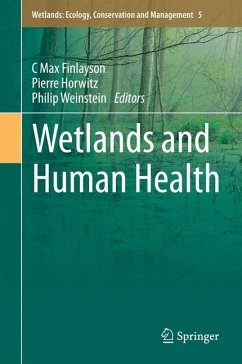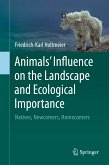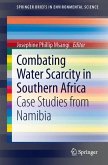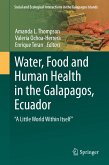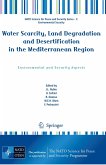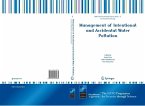The book addresses the complex interactions that occur between wetlands and the health and well-being of people. As wetlands provide many valuable ecosystem services and are amongst the most degraded ecosystems globally, further degradation could greatly affect the wellbeing and health of people dependent on them. Healthy wetlands are generally associated with enhanced ecosystem services and improved outcomes for human health, and unhealthy wetlands with degraded ecosystem services and poor outcomes for human health. However, the relationships can also be paradoxical with some direct benefits for human health leading to the loss of other ecosystem services, in particular regulating and supporting services, and the enhancement of others, leading to poor outcomes for human health. This results in a health paradox whereby there is a loss regulating and supporting services from steps to enhance human health. A wetland paradox also occurs when there are poor outcomes for human health asa consequence of the maintenance or enhancement of ecosystem services.
In response a framework for the conceptualisation of human and wetland relationships, including the paradoxical situations has been provided based on the concept of wetlands as settings for human health. This enables the trade-offs that have and will occur between wetland ecosystem services and human health to be addressed. Interventions for managing wetlands can have important implications for human health and well-being, although these may not always be recognised. While the Ramsar Convention has provided an international forum for addressing the wise use of wetlands and providing guidance for managers it has only recently considered the human health implications of wetland management. Through the policy setting provided by the Convention a set of health-related activities have been identified and in this paper mapped against the wise use guidance previously provided.
Tackling these
problems requires genuine cross-disciplinary collaboration; a key finding of the Millennium Ecosystem Assessment that considered the links between human well-being and ecosystem health. This book brings the disciplines of ecology and health sciences closer to provide a synthesis for researchers, teachers and policy makers interested in or needing information to manage wetlands and human health and well-being issues.
In response a framework for the conceptualisation of human and wetland relationships, including the paradoxical situations has been provided based on the concept of wetlands as settings for human health. This enables the trade-offs that have and will occur between wetland ecosystem services and human health to be addressed. Interventions for managing wetlands can have important implications for human health and well-being, although these may not always be recognised. While the Ramsar Convention has provided an international forum for addressing the wise use of wetlands and providing guidance for managers it has only recently considered the human health implications of wetland management. Through the policy setting provided by the Convention a set of health-related activities have been identified and in this paper mapped against the wise use guidance previously provided.
Tackling these
problems requires genuine cross-disciplinary collaboration; a key finding of the Millennium Ecosystem Assessment that considered the links between human well-being and ecosystem health. This book brings the disciplines of ecology and health sciences closer to provide a synthesis for researchers, teachers and policy makers interested in or needing information to manage wetlands and human health and well-being issues.
Dieser Download kann aus rechtlichen Gründen nur mit Rechnungsadresse in A, B, BG, CY, CZ, D, DK, EW, E, FIN, F, GR, HR, H, IRL, I, LT, L, LR, M, NL, PL, P, R, S, SLO, SK ausgeliefert werden.
"The volume emphasizes an ecosystem approach that ties the well-being of humans-individuals and populations-to water bodies that in fact provide a wealth of ecological services, both necessities and luxuries. ... The social importance of wetlands is emphasized throughout. ... Summing Up: Recommended. All readers." (M. Gochfeld, Choice, Vol. 53 (5), January, 2016)

